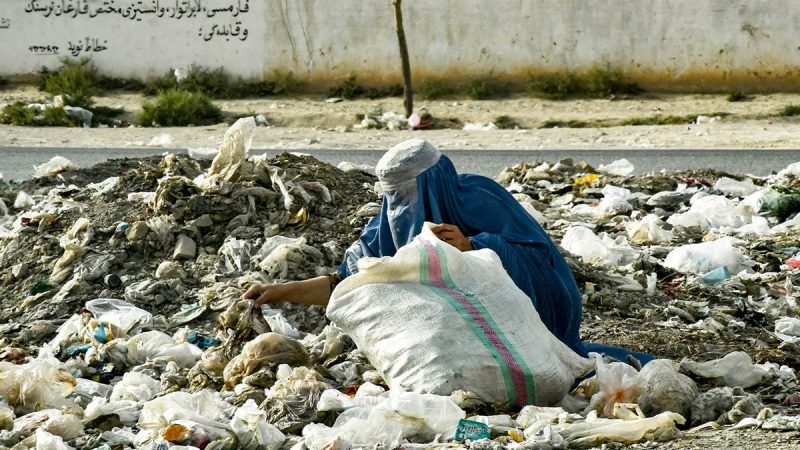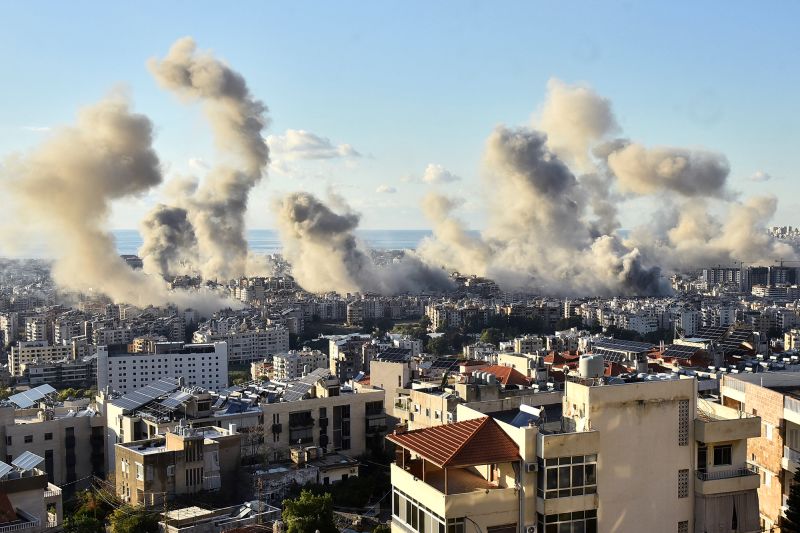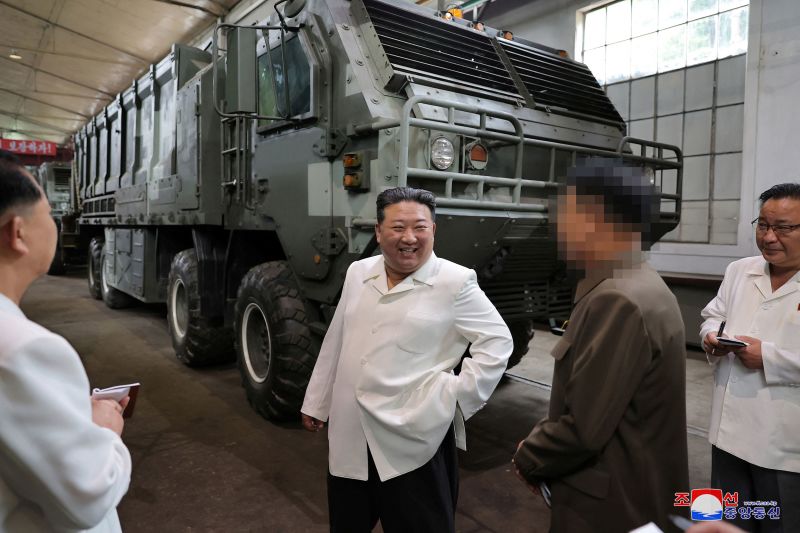Afghans for Trump group looking to make foreign policy — and 2021 withdrawal — front and center in election
November 3, 2024
Three years have passed since the Taliban’s swift takeover upended Afghanistan.
Women have largely taken up home confinement, and men live in fear of being suspected of aiding the resistance, a charge that could result in death. In the chaos, as the U.S. hastily withdrew, countless Afghan allies were abandoned to an uncertain fate.
While the wall-to-wall press coverage of what’s been called President Biden’s ‘Saigon moment’ has largely quieted down, the Afghan diaspora living in the U.S. has not forgotten relatives in the homeland.
Zoubair Sangi helped found a movement for the Afghan diaspora to unite and bring a sense of betrayal by the Biden administration to the ballot box with the new advocacy group Afghans for Trump.
‘If you were to ask [Afghans in Afghanistan], would you want a continuation of the last three years, which has been the failed policy of the Biden-Harris administration? They would say no because their lives are miserable right now,’ Sangi told Fox News Digital.
‘It’s been three years where women can’t go to school. Terrorism has been on the rise. We have the attacking of ethnic and religious minorities.’
Sangi’s parents came to the U.S. in the 1980s as the Soviet Union invaded Afghanistan.
Much of his family still lives in the nation.
‘What they say is that it feels like they’re living in a prison,’ Sangi said.
‘Anyone who’s suspected of resistance, just being kidnapped, jailed, tortured, killed. For the last three years, this has been going on. But zero coverage. So, you know, those who are living here, they feel like they’ve lost everything.‘
Sangi says Afghans for Trump is reaching out to the diaspora, those who are Afghan by background but U.S. citizens, and has been in touch with recent refugees who left after the withdrawal, most of whom are not citizens and can’t vote in the election.
‘It’s a U.S. national security concern as well,’ Sangi said. The Taliban ‘have been in connection with al Qaeda and other terrorist groups. So, this resurgence is a threat to the West as they are coordinating and planning [attacks].’
Biden often blames former President Trump for the withdrawal, arguing he was constrained to a deadline agreed to under Trump’s deal with the Taliban. Trump now says that deal was meaningless because the Taliban had not been holding up their end of the deal, and he wouldn’t have abided by it, though he has not voiced support for a continued presence in the region.
If Trump wins the presidency, Sangi said he hopes Trump will stop the funneling of money to Afghanistan, dollars that are earmarked for humanitarian aid but often end up in Taliban hands.
‘There is also a resistance in Afghanistan whose values align with the American people who have been allies of the Americans for over 20 years,’ he said.
‘The National Resistance Front in Afghanistan is a perfect alternative where we don’t have to get boots on the ground. … We just need to support this moderate resistance.’
Sangi called to mind the acts of past administrations, such as former President Reagan providing aid to Afghanistan’s Mujahideen to fight the Soviets and former President George W. Bush’s War on Terror.
‘They supported the people of Afghanistan. And, you know, we fought our own battle. And it proved successful. So, fighting the Taliban should be much less of a challenge than that time,’ he said.
‘We believe it’s in our best interest to have support from a president who cares about the implications of what’s going on in Afghanistan … such as cutting off the funding to the Taliban at $40 million a week.’
According to an August 2023 World Bank report, in only a year’s time, the U.N. flew in by helicopter bags of cash worth some $2.9 billion to Afghanistan since the Taliban seized control. The bulk of that was from funds allocated by the U.S., and at least some of which ended up in the Taliban-controlled central bank, according to a SIGAR report. The Taliban then ‘taxes’ this cash at multiple points of distribution.
‘The Taliban are pocketing this money, and we see them using it for things such as military parades of suicide bombers,’ said Sangi.
‘None of it is going to the people who are living there. You know, I have family there, and they’re not receiving any of this aid. The population is facing starvation, mass unemployment.’
With a sense of optimism, Sangi predicted Middle East policy may decide next week’s election despite the long-running assumption that elections are decided by domestic issues.
‘This is the one time where I think every single person across almost every spectrum of society feels the repercussions of what’s going on, the turmoil in the Middle East,’ he said. ‘This cannot continue because, if it does, we can go further into World War III, and nobody wants that.’









